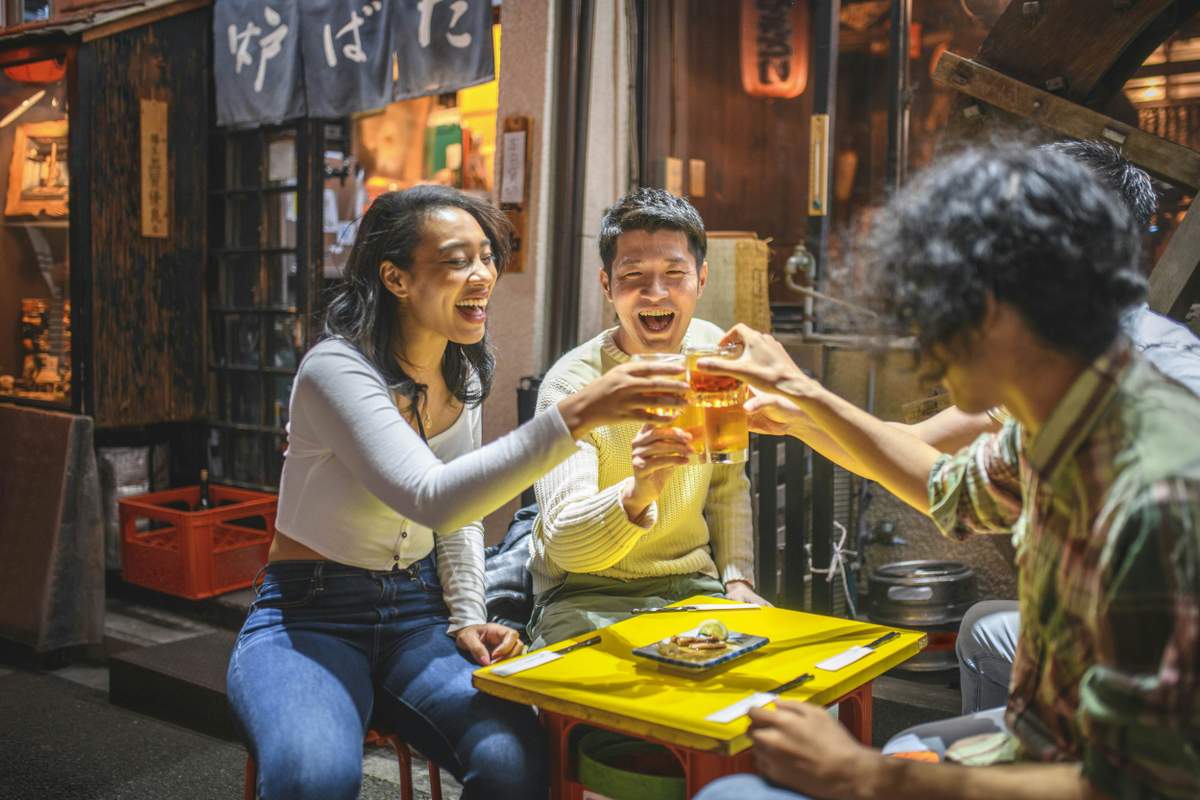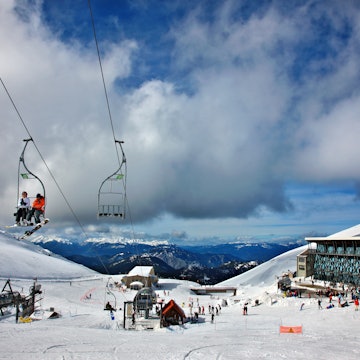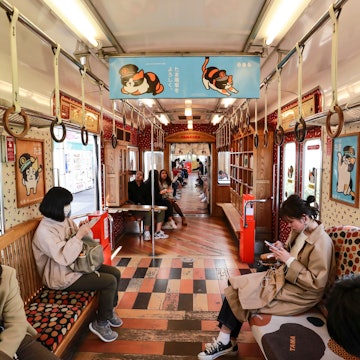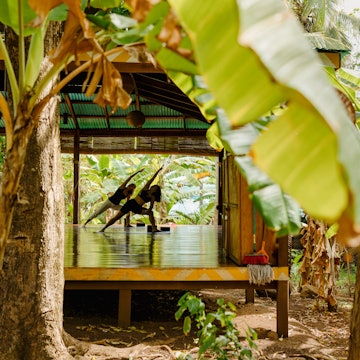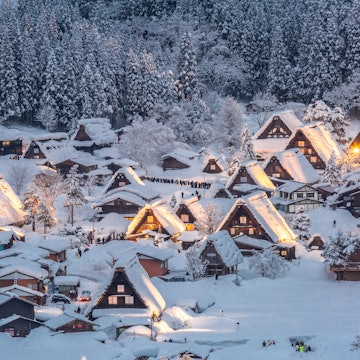
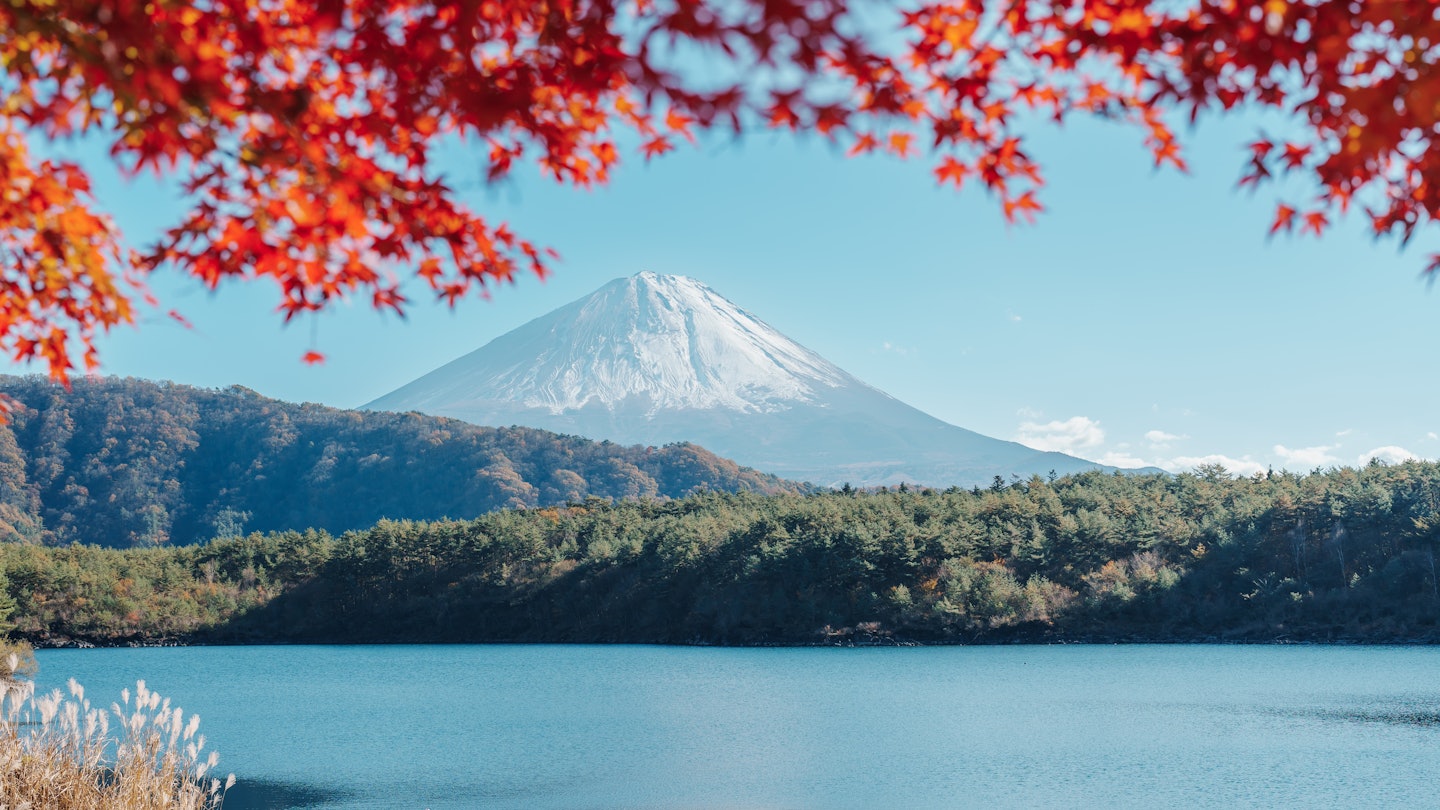
From snow-peaked Mount Fuji to Kyoto's serene temples, we give you expert tips and local insights for the ultimate Japan trip. Jo Panuwat D/Shutterstock
Japan is a country where tradition meets the latest in technology and fashion, where serene temples contrast with neon-lit city streetscapes, and historic castles, cherry blossoms and futuristic attractions all captivate wide-eyed visitors. This blend of old and new make Japan one of Asia's best countries to visit.
Japan is a feast for visitors. Mountain views of Fuji, beach-lined islands like Okinawa and buzzing megacities like Tokyo should all be on the menu. You could spend a lifetime sampling the country’s delights, but some towns and sights are staples – core ingredients for a memorable Japan trip.
Our expert tips and local insights will help you plan your Japan itinerary for an unforgettable adventure with plenty of traditional Japanese experiences. More good news: there's no bad time to visit - whether you're visiting during cherry blossom season in spring, the vibrant autumn foliage or the festive winter illuminations, Japan offers year-round appeal.
Here are the 10 best places to visit in Japan.
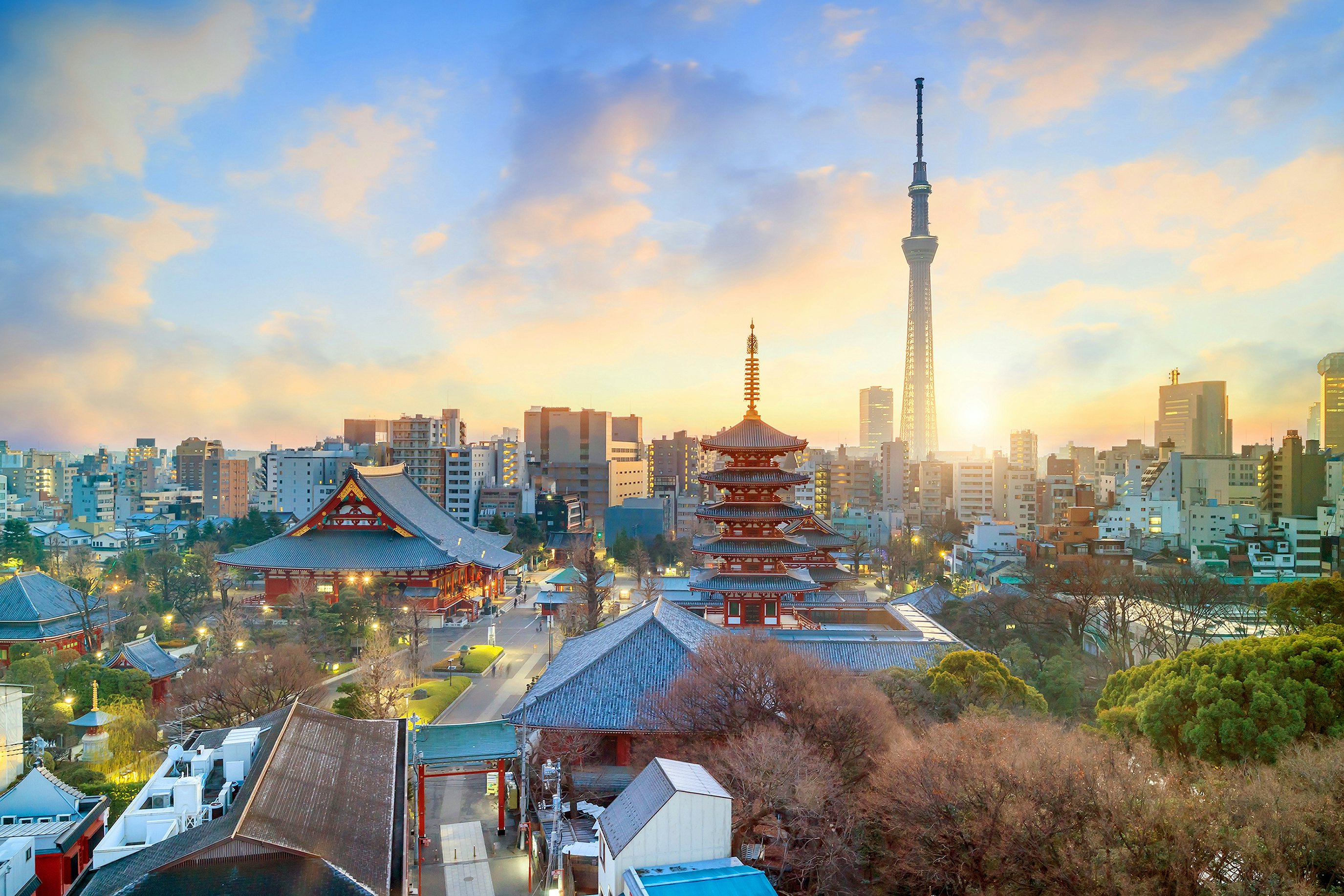
1. Tokyo
Best for contemporary culture
Tokyo is a city forever reaching into the future, pushing the boundaries of what's possible on densely populated, earthquake-prone land, and building ever taller, sleeker structures.
It's Japan's top spot for contemporary art and architecture, pop culture, shopping, drinking and entertainment (and a tie with Kyoto for dining). But more than in any other place, it's the city itself that enchants visitors.
Tokyo is a sprawling, organic thing, stretching as far as the eye can see. Constantly changing with a diverse collection of neighborhoods, no two experiences of Tokyo are ever the same.
Planning tip: If you're keen to check out sumo, kabuki theater or a Giants baseball game – some of our favorite things to do in Tokyo – get tickets early. They usually go on sale one to two months in advance. Also note that visiting the Imperial Palace and Ghibli Museum are popular attractions that require prior planning and booking.
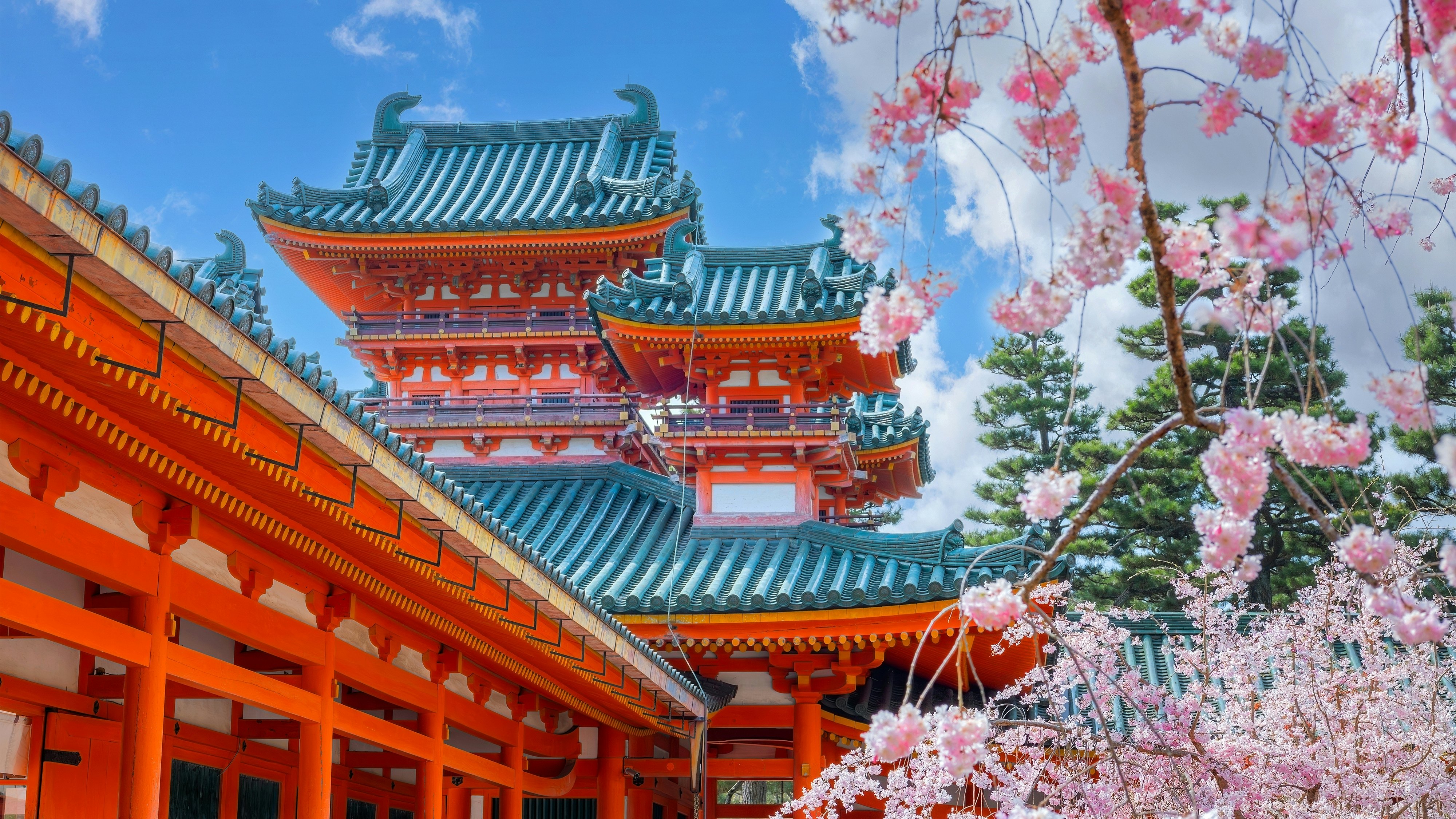
2. Kyoto
Best for traditional Japanese experiences
Kyoto, Japan's imperial capital for a thousand years, is home to more than a thousand temples. Among them are the monumental, like Kinkaku-ji (an exquisite pavilion sheathed entirely in gold leaf), and the meditative, like Ryōan-ji, with its stark Zen rock garden.
But temples are only the beginning. There's the culture of tea here, which you can appreciate at one of the city's many elegant teahouses; the art of the geisha, those iconic performers of traditional music and dance; and also a rich food culture, including kaiseki (Japanese haute cuisine).
Planning tip: Kyoto's Maruyama-kōen (Maruyama Park) is famous for its cherry blossoms, so why not time your visit for hanami (cherry blossom) viewing season?
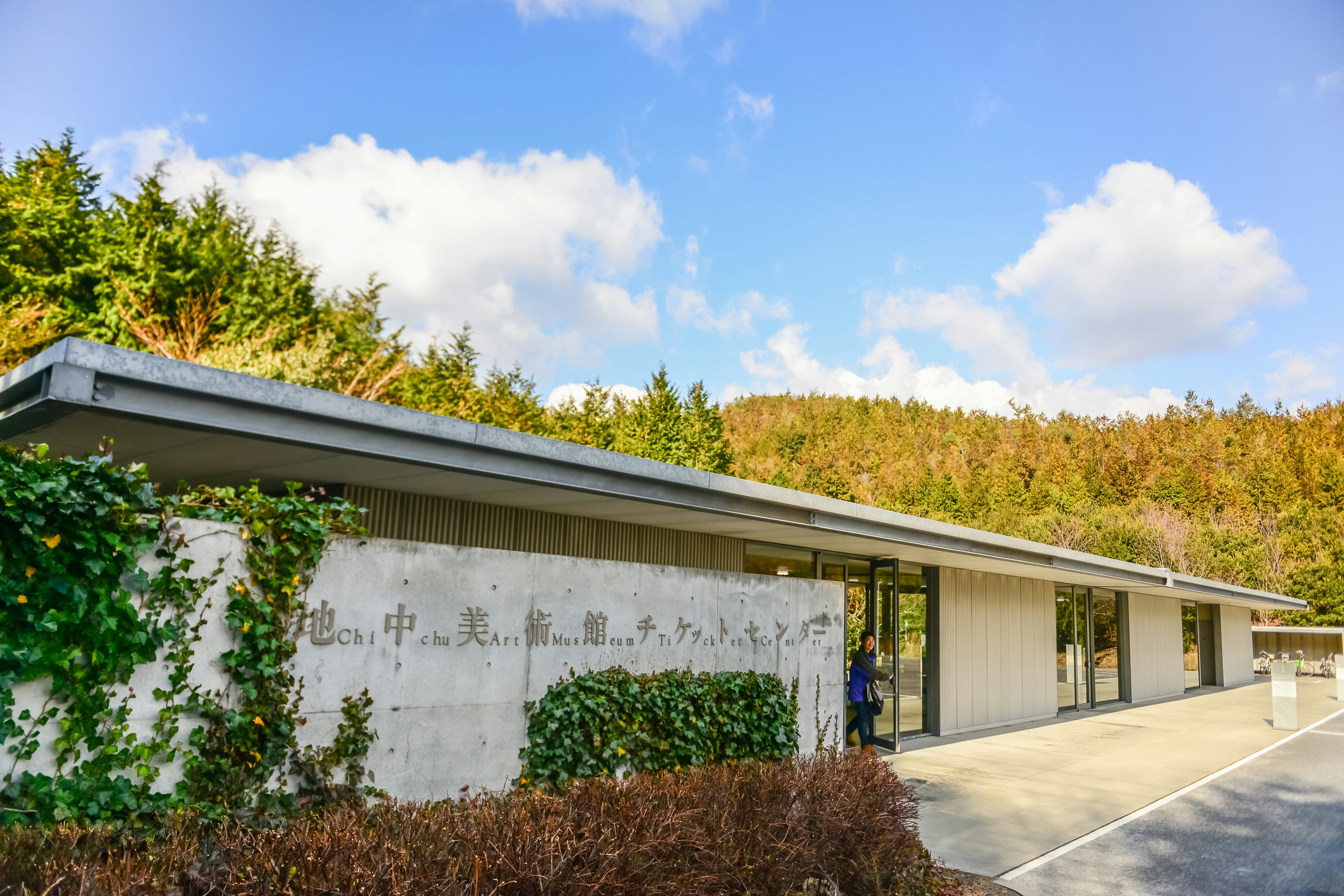
3. Naoshima
Best for art and architecture
Naoshima is one of Japan's great success stories: once a rural island on the verge of becoming a ghost town, it's now a world-class center for contemporary art.
Many of Japan's most lauded architects have contributed structures, including museums, a boutique hotel and even a bathhouse – all designed to enhance the island's natural beauty and complement its existing settlements.
The resulting blend of avant-garde and rural Japan is captivating. It has also inspired some locals to relocate here to pursue a slower life outside the big cities.
Planning tip: Try to plan your visit during one of the three exhibitions of the Setouchi Triennale festival, which happens during the spring, summer and fall every three years – including in 2025. Naoshima hosts various art, drama, music and dance events making this festival one to put on your bucket list.

4. Mt Fuji
Best for views and pilgrimages
Even from a distance, Mt Fuji will take your breath away. Close up, the perfectly symmetrical cone of Japan's highest peak is nothing short of incredible. Dawn from the summit? Pure magic.
Fuji-san is among Japan's most revered and timeless attractions. Hundreds of thousands of people climb it every year, continuing a centuries-old tradition of pilgrimages up the sacred volcano.
Those who'd rather search for picture-perfect views from the less-daunting peaks nearby will be following in the steps of Japan's most famous painters and poets.
Planning tip: The best time to climb Mt Fuji is during its official season, from July 1 through mid-September, which avoids the rainy season and snowfall. Always check for typhoon warnings before hiking in Japan.
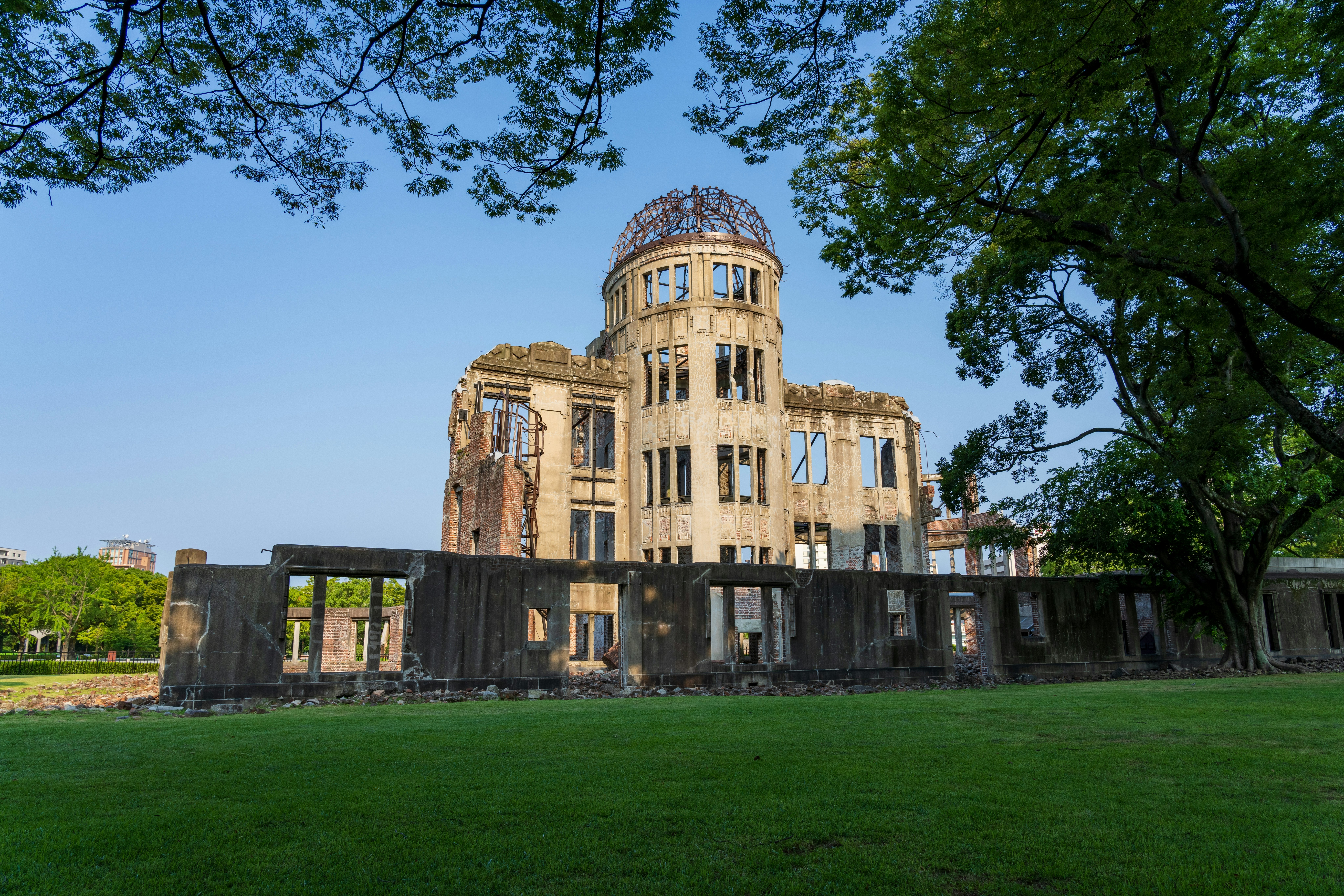
5. Hiroshima
Best for introspection
Hiroshima today is a forward-thinking city with attractive, leafy boulevards. It's not until you visit the Peace Memorial Museum that the true extent of human tragedy wreaked by the atomic bomb becomes vividly clear.
A visit here is a heartbreaking, important history lesson. The park around the museum, much of which was designed by Japan's great modernist architect Tange Kenzō, offers many opportunities for reflection.
But the city's spirit of determination – as well as its food – will ensure that you'll have good memories to take with you when you leave.
Detour: Bunny lovers should add Ōkunoshima (Rabbit Island) to their Hiroshima itinerary. A short train and ferry ride from Hiroshima, this small island is home to hundreds of friendly, free-roaming rabbits.

6. Yakushima
Best for forest bathing
Yakushima, a small island off the coast of southern Kyūshū, is often described as magical and enchanting – otherworldly even. It's a place where words fail and clichés step in.
Home to some of Japan's last primeval forests, you'll find the yakusugi, an ancient Japanese cedar native to the island whose giant roots seem to form alien tentacles.
Hiking trails underneath them cover craggy terrain, often fuzzy with moss. The landscape here is believed to have inspired the iconic Studio Ghibli animated film, Princess Mononoke.
Detour: When you're not hiking, stop by the Yakusugi Museum to learn more about the importance of yakusugi to the islanders of Yakushima. An English audio guide is available.

7. Kōya-san
Best for exploring temples
Riding the funicular up to the sacred Buddhist monastic complex of Kōya-san feels, appropriately, like ascending to another world. There are over a hundred temples here, the highlight of which is Oku-no-in, where paths weave their way among towering cryptomeria trees and time-worn stone stupas covered in moss and lichen.
Other temples offer a different experience: the chance to spend the night, dine on traditional vegetarian Buddhist cuisine and wake up early for morning meditation with the resident monks.
Planning tip: Though Japanese temples and shrines do not have established dress codes, visitors are expected to stay relatively quiet in these sacred spaces.
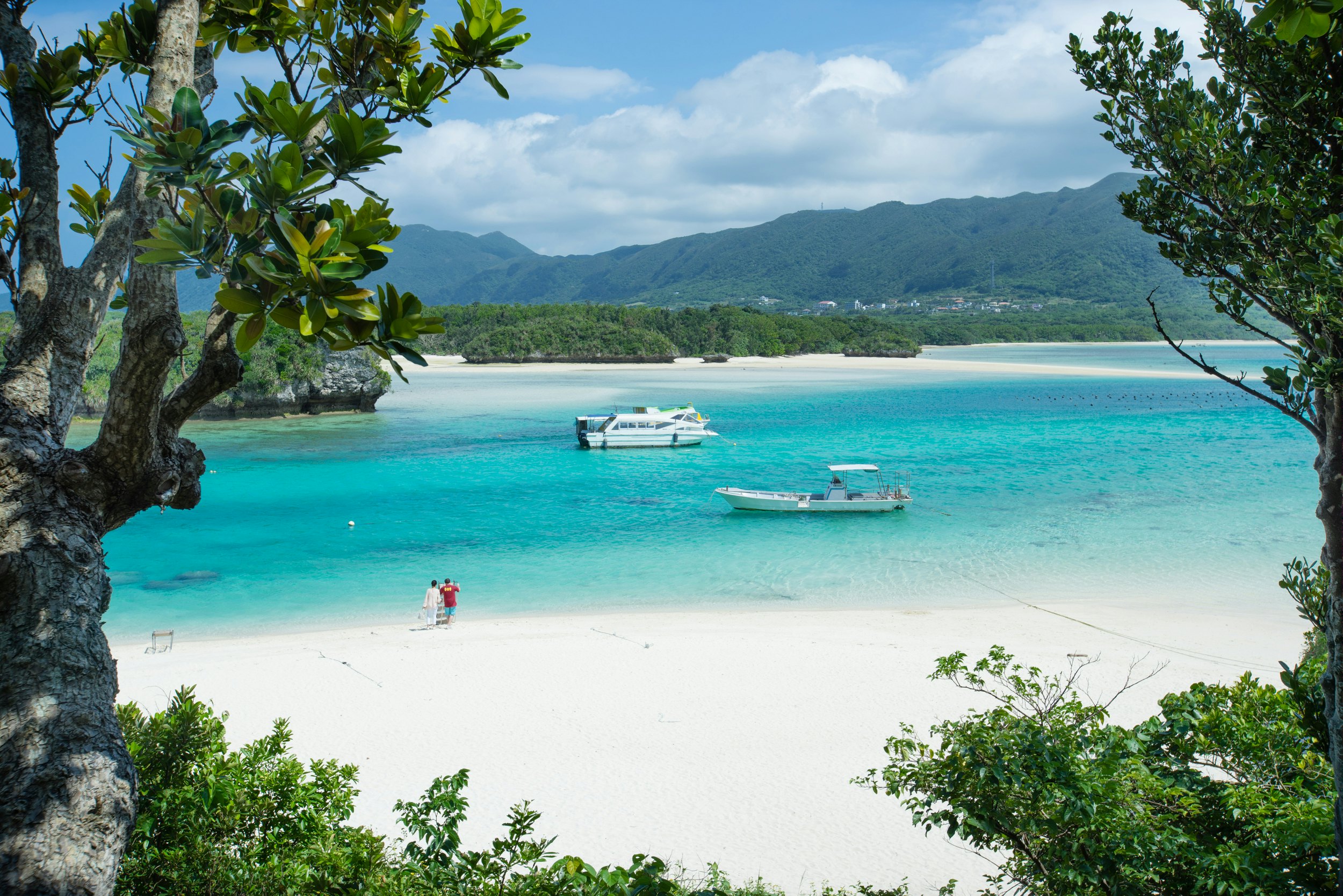
8. Okinawa and the Southwest Islands
Best for beaches
Okinawa and the Southwest Islands offer a totally different experience from the rest of Japan. This semi-tropical archipelago forms an arch between Kyūshū and Taiwan.
Until the islands were annexed by Japan in the 19th century, they formed their own kingdom – the Ryūkyū Empire – and the cultural differences are apparent in everything from the architecture to the food.
This is where you'll find Japan's best beaches, like those on the Yaeyama Islands and the Kerama Islands, with sugar-white sand fringed with palms and turquoise waters. Bask in the sun, or snorkel and scuba dive.

9. Osaka
Best for street food and nightlife
Tokyo doesn't nab all the superlatives when it comes to urban experiences. Osaka, Japan's third-largest city, is tops for street food: don't miss its signature dish, takoyaki (grilled octopus dumplings).
It also has the most dramatic of nightscapes: a dazzling display of LED lights, animated signage and flashing video screens along the canalside strip Dōtombori.
The city, Japan's oldest merchant center, has a pace, spirit and zest for life all of its own; its unofficial slogan is kuidaore (eat until you drop).
Planning tip: In addition to nightly accommodation fees, Osaka hotels will typically charge an accommodation tax that varies depending on the standard nightly rate.
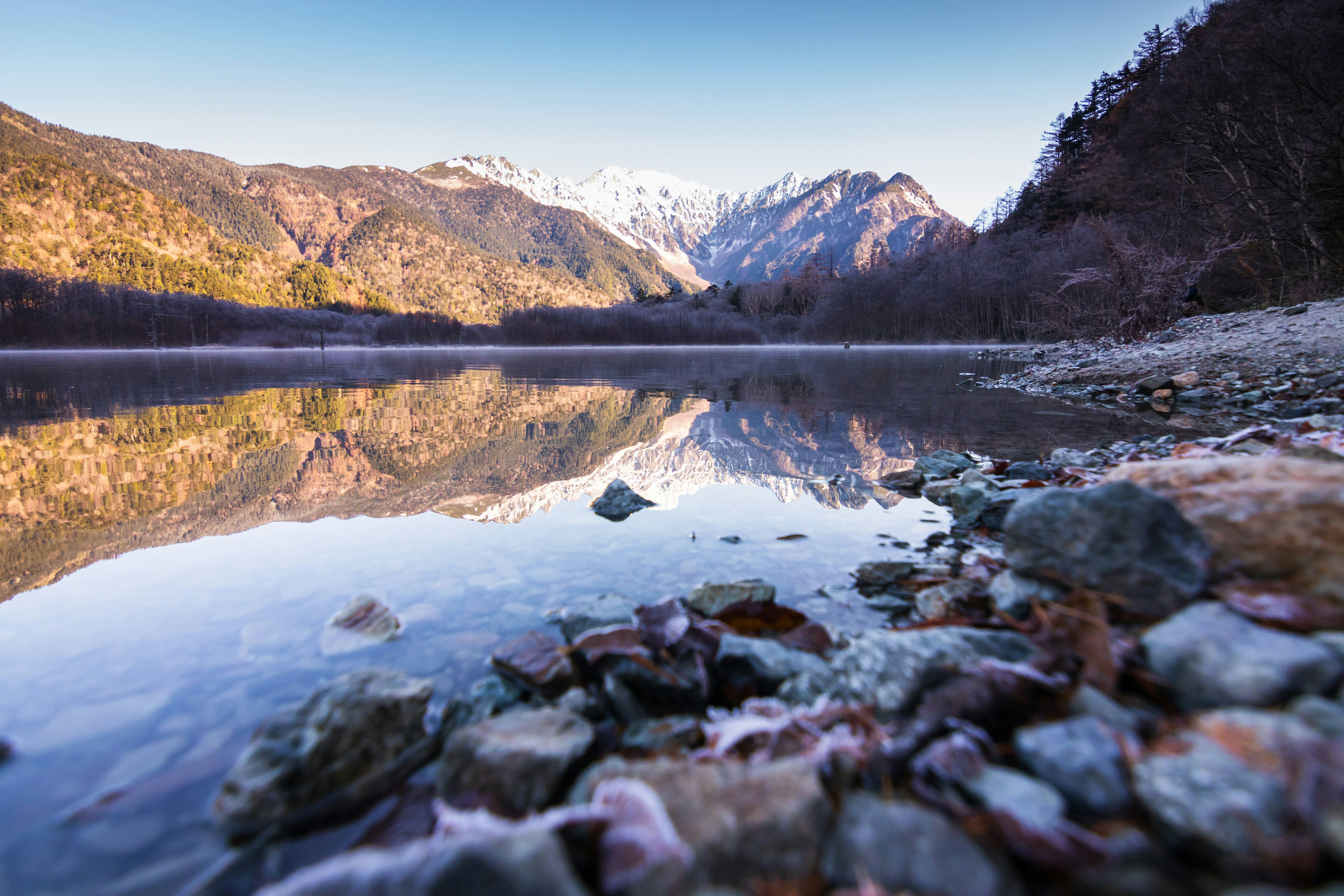
10. Kamikōchi
Best for mountain hikes
One of Japan's most stunning natural vistas, Kamikōchi is a highland river valley enveloped by the soaring peaks of the Northern Japan Alps.
Easy day hikes are possible along the Azusa-gawa, following the pristine river through tranquil forests of willow, larch and elm.
The birthplace of Japanese alpinism, Kamikōchi is also the gateway for more challenging treks up some of the country's tallest mountains, such as Yari-ga-take (3180m/10,433ft). Private cars are banned from Kamikōchi, which lessens the impact of the crowds.





